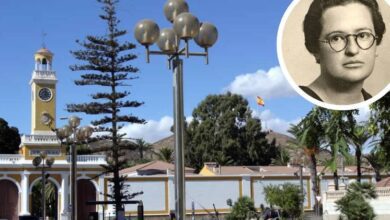
In early summer 2025, a new conflict erupted in Spain over one of the country’s most precious natural areas — Doñana National Park. The Ministry for the Ecological Transition presented a project to review the boundaries of areas included in the protected territory. This decision has sparked intense discontent among both environmentalists and the regional authorities of Andalusia.
The core of the disagreement lies in changing the status of the wetlands. Previously, these lands were classified as freshwater, but now there are plans to categorize them as tidal. According to environmental organizations, such reclassification could worsen the ecosystem’s condition and threaten rare species of animals and plants for whom Doñana serves as a sanctuary.
Regional officials have also rejected the ministry’s initiative. They believe the proposed changes affect more than half the plots managed by the autonomous community and could create uncertainty in matters of management and protection. The Andalusian authorities have already announced plans to file formal objections, stressing that the process was launched without proper coordination or consultation with relevant experts.
Environmental and Legal Uncertainty
Environmentalists fear that the new classification could lead to the disappearance of freshwater marshes, which are crucial for maintaining biodiversity. Doñana is a vital stopover for birds migrating between Europe and Africa, and any changes in how this area is managed could have far-reaching consequences for the entire regional ecosystem.
The scientific community is also increasingly concerned. Some research centers focused on studying Doñana believe that administrative decisions should not contradict decades of accumulated scientific data. In their view, rushed actions could result in legal disputes and hinder the implementation of conservation programs.
Potential consequences for Doñana’s future
The ministry’s proposal is currently under public review, but it is already clear that reaching a compromise will not be easy. If the new boundaries are approved, some traditional management practices in the region may be called into question. This, in turn, could spark new disputes between Madrid and Seville, as well as trigger a wave of criticism from international organizations monitoring the state of unique natural sites.
The fate of Doñana has once again become a focus of attention not only in Spain, but across Europe. In the coming months, it will become clear whether the parties can reach an agreement and maintain a balance between nature conservation and administrative decisions.












